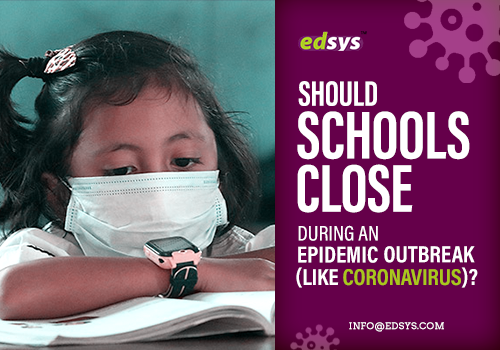COVID-19, the virus is no different from other viruses that accumulate mutations over time. The means of how it spreads depend on “Natural Selection”. The kind that can spread quickly and faster will survive “successfully” in the body.
Many of them who get affected by this virus experience nothing severe than seasonal flu symptoms, but the overall profile of the virus is fatal, which makes it a serious disease. It has a higher chance of leading to serious respiratory symptoms than seasonal flu.
Health workers are more prone to the disease, due to their higher exposure, but children are also at high risk of getting affected by this fatal disease as they are unaware of the intensity of this pandemic.
Schools are yet another place where the virus can spread easily. Schools have camps, group activities, common washrooms, playgrounds, libraries, etc. which are more prone to the disease.
It is true that COVID-19 can be prevented to an extent if we keep track of good hygienic practices. But school kids won’t take it into much consideration, as they are totally unaware of what is happening around them.
Since hygiene is a major factor of risk transmission, personal as well as group hygiene can be questioned in schools. So, if the schools are opened then there should be constant supervision for the younger students and reminders for all the students to wash their hands properly and regularly, to avoid touching the body parts.
Like the above-mentioned risk of transmitting the virus, in opened schools, there would be many such threats. So, for the safer side, it is always better to close the school until the town is disease-free, as we cannot take risk of our future kids.
And if it is assured by the concerned authorities that the town is less prone to the disease then, students should be given proper awareness about the same.
6 Things you should know about COVID-19
1) It spreads through direct contact:
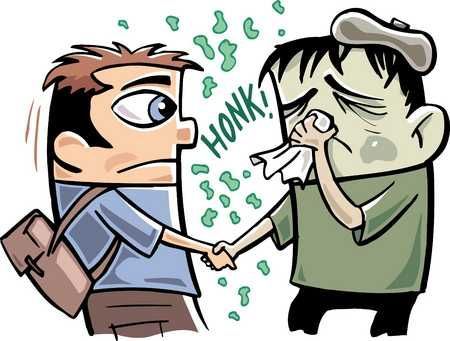
The virus is transmitted through direct contact with respiratory droplets from an infected person and by touching the surface that is contaminated.
Ask your kids to at least maintain a distance of 3 feet between themselves and the people who are coughing, sneezing or have a fever.
2) Symptoms:
Symptoms of Coronavirus can include:
- Fever
- Cough
- Shortness of breath
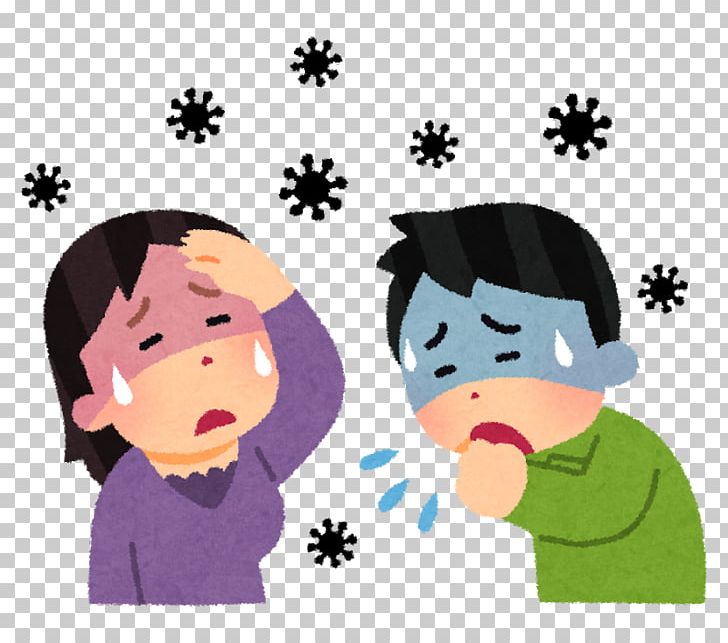
In severe cases, this infection may lead to pneumonia or breathing difficulties.
More rarely, the disease can be fatal but that is mainly among older people with pre-existing conditions.
3) Precautions that you can take:
- Wash your hands frequently for at least 20 seconds using soap and water or alcohol-based hand rub.
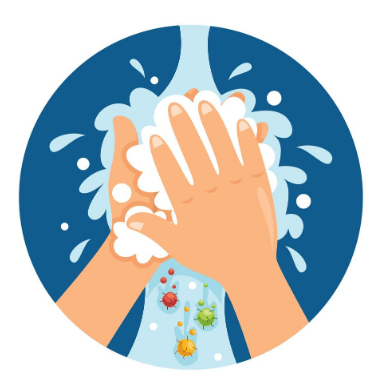
- Cover your mouth and nose while coughing or sneezing. Use your elbow or a tissue to cover your mouth and throw it in a dustbin immediately after.
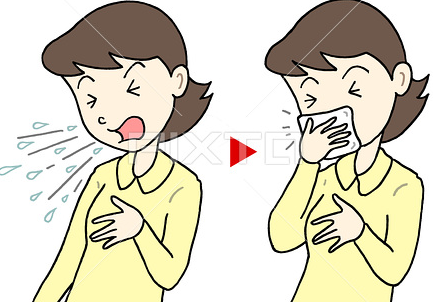
- Stay home when you are sick. Avoid touching your eyes, nose, and mouth.
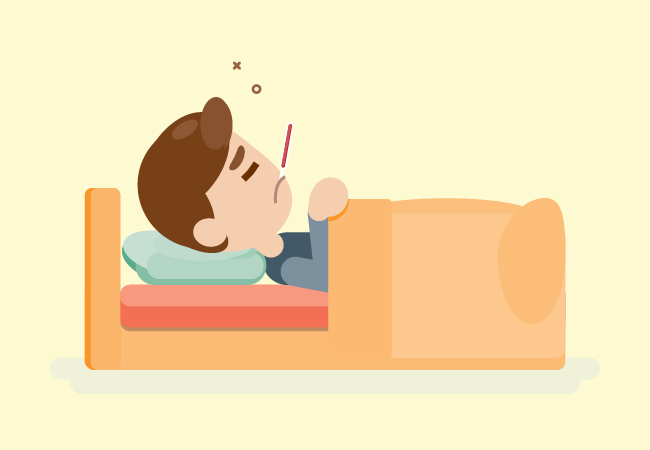
- Disinfect the frequently touched objects and their surfaces using a cleaning spray or a wipe.
4) Do Masks prevent Coronavirus?
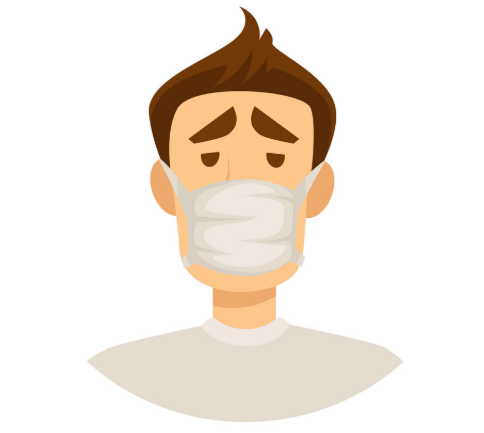
Not really the masks prevent coronavirus. If you don’t have any symptoms then there is no need to wear a mask. Mask will make little or no difference if you are just wandering in your own town or taking a bus.
Viruses can also spread through the eyes and tiny viral particles, called aerosols can penetrate masks.
Washing your hands thoroughly is actually the most important thing that matters.
You are advised to wear a mask only if you have a cough, sneeze or cold to protect others.
5) Can a pregnant woman pass this virus?
As of now, there is no enough evidence to support whether the virus is transmitted from a mother to her baby during pregnancy or how the baby will be affected.
6) Are There Medicines to treat the virus?
Till February 2020, no specific medicine has been found to treat the new coronavirus.
So, the best thing that you can do is to practice basic hygiene (mentioned above).
COVID-19 is really a life scaring pandemic. It is more threatening that so far no medicine or vaccine has been found for the same. What we can do as groups are community –based interventions like school dismissals, event cancellations, and social distancing. Individuals can practice more personal hygienic measures to prevent it.
Anyway, prevention is always better than cure. And COVID-19 is something that can beget ridden off only if we stand united.
